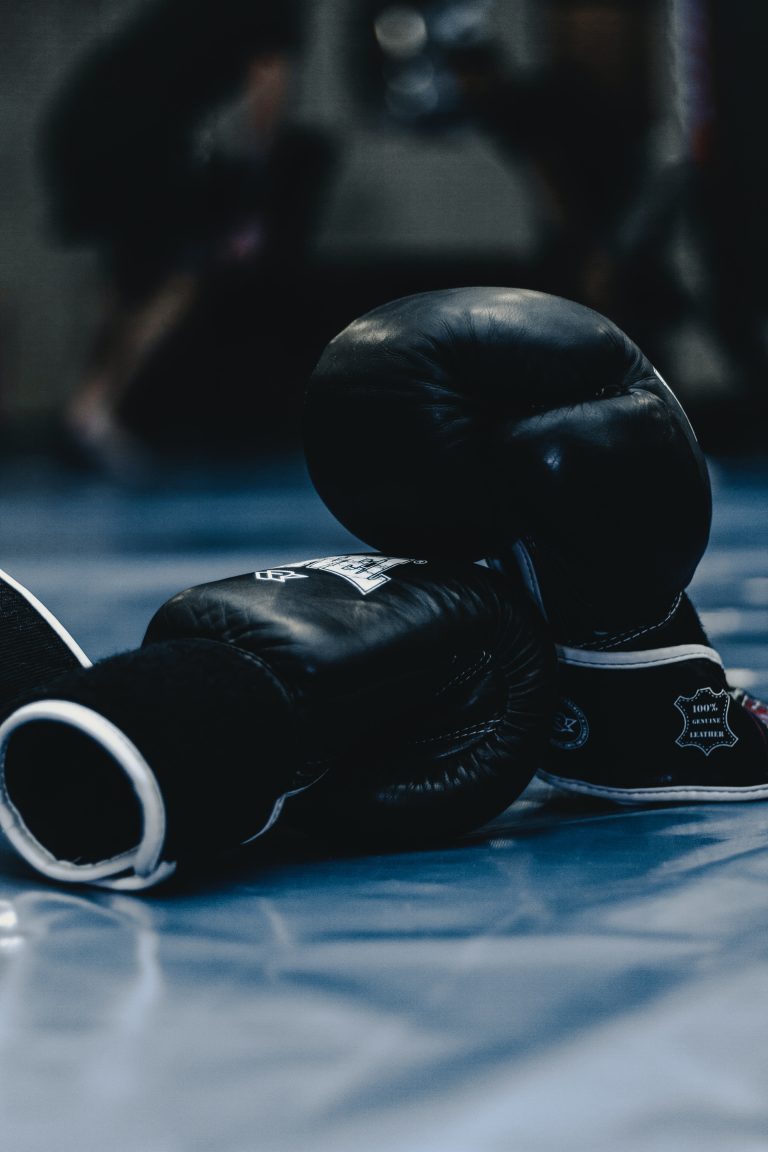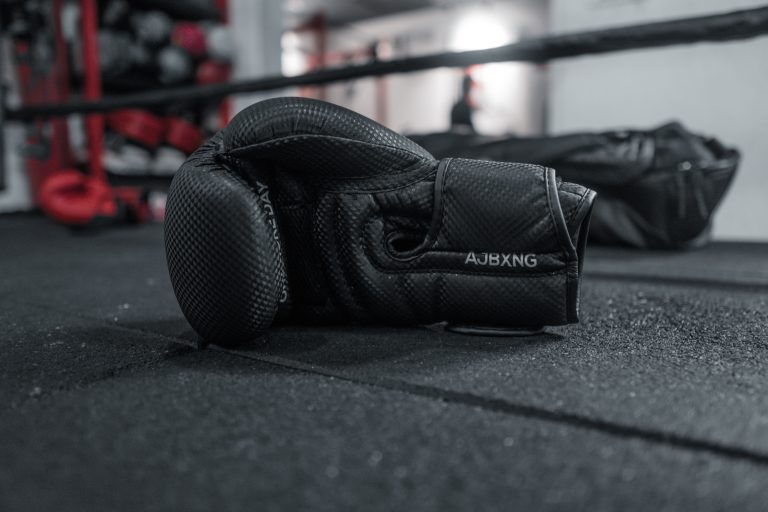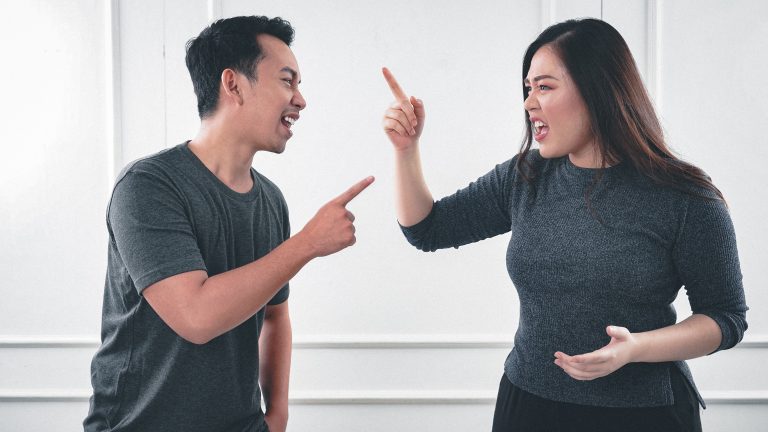Karate: The History And Benefits of This Ancient Martial Art
Introduction
Karate is an ancient martial art that has been practiced for centuries. It has its roots in Okinawa, Japan, but has gained popularity all across the globe. Karate is a type of unarmed combat based on striking, blocking, and grappling techniques. It places deep emphasis on self-discipline and respect. Though it is both a physical and mental activity, karate also encourages its practitioners to improve their spiritual and mental health.
This blog post will provide an overview of the history of karate and its benefits for practitioners. We will also look at how karate can help you to feel confident, how it can help you to protect yourself and those around you, and how different forms of karate adhere to specific principles.
What is Karate?
Karate is an ancient martial art that most people recognize from martial arts movies and tournaments. It requires you to use your body, mind and spirit to defend yourself without weapons. In the physical sphere, it involves punches, strikes, kicks, and blocks coupled with heightened discipline and respect. Many martial arts schools and academies have opened around the world in recent decades, offering classes in karate for children and adults.
Karate is made up of two Japanese words, “Kara” meaning empty and “Te” meaning hand; therefore, karate literally means “empty hand.” Though this implies that practitioners are unarmed, Karate still uses various forms of protective equipment such as belts, gloves and chest protectors.
History Of Karate
Karate originated in Okinawa over 500 years ago. Okinawa itself was influenced by several countries including Japan, China, and Korea. With a rich mix of influences – and many martial artists traveling through the islands – Karate eventually emerged as a combination of several different martial arts styles and practices.
The history of Karate is blended with cultural practices such as Buddhism and Chinese martial arts, with some of the earliest forms and techniques dating back to the 1500’s. Although Karate was popularized in mainland Japan in the 20th century, Okinawan Karate traditions remain the main form practiced today.
In 1924, Gichin Funakoshi – an Okinawan karate master – organized a demonstration at the Tokyo Agricultural College. After this demonstration the practice of karate spread rapidly throughout Japan. Eventually, it began to be taught in schools and universities around the country. In 1950, the introduction of sport karate served to further spread the practice throughout the world as people began to take part in karate competitions and tournaments.
Today, there are many different styles of karate that adhere to different goals, strategies, and beliefs—including Shotokan Karate (named after Gichin Funakoshi), Goju-Ryu Karate (which focuses on both hard and soft techniques), Wado-Ryu Karate (focused on synchronized movements) Kyokushin Karate (devoted to full contact fighting) and others.
Benefits Of Practicing Karate
Karate offers far more than self-defense; it also provides physical and mental health benefits for practitioners as well. Here are just a few of the many benefits of practicing karate:
1. Improved Confidence
Karate helps to develop mental strength and build confidence by teaching its practitioners to face challenging situations with courage and discipline. Through consistent practice and gradual progress you will begin to feel comfortable in almost any situation while garnering respect from your peers. Additionally, learning new forms, styles and techniques from experienced instructors can be very empowering, as each technique requires thoughtfulness and practice to execute properly. With time and effort you will begin to trust your abilities more and more each day.
2. Exercise & Fitness
Karate is a great way to stay in shape as it helps build muscular strength, agility, coordination, flexibility, cardiovascular endurance, breathing control and balance. Although it is not as strenuous as other contact sports like boxing or kickboxing, karate requires a certain degree of physical dedication to reach your goals and progress in your skillset. Furthermore, karate can even help shed extra fat as it is an intense form of physical activity that promotes aerobic endurance — helping you burn calories quickly.
3. Self-Defense
The goal of Karate is to teach self-defense against attackers that are typically much bigger or stronger than their opponents. This makes it convenient in case you ever find yourself in a dangerous situation or facing an attacker; you will be able to use non-harmful techniques such as blocking or escaping to get out of the situation. Furthermore, depending on the school or style you choose to practice, there are also certain forms of combat that can be taught that use pressure points or specific defensive moves against attackers. All of these techniques can be used whether you’re facing someone twice your size or something even bigger like a boar or a bear — which makes it one of the most effective forms of self-defense in the world.
4. Resilience & Mental Alertness
Karate classes focus on mindfulness with each practitioner paying close attention to their body language and precise movements of the technique being practiced. This attention to detail helps build mental alertness which is necessary not just in defensive combat but important in day-to-day life too — making it easier to make decisions quickly while being aware of your surroundings. Furthermore, it helps build resilience by giving practitioners an outlet for their negative emotions while teaching them restraint through a heavy emphasis on discipline as they progress in their skillset — making them better equipped mentally for any situation they may face in life.
Principles Of Karate
Karate is built on five core principles that all students should strive for regardless of what style or school they practice:
- Courtesy: Respect yourself, your instructors & those around you.
- Integrity: Always make sure your intentions are pure.
- Perseverance: Never give up and strive towards improvement.
- Self-Control: Stay focused & disciplined in all facets.
- Indomitable Spirit: Believe in yourself and strive for success.
Whether someone practices for self-defense or purely for fitness goals, these five principles help foster a growth mindset amongst practitioners which is important for continued development of skill sets no matter the style or rank you may achieve. As per Funakoshi’s own words on the topic: „The ultimate aim of Karate lies not in victory or defeat but in the perfection of the character of its participants.“
Conclusion
Karate is an ancient martial art steeped in Okinawan history that has become widely popular throughout the world today thanks to its many physical and mental benefits for practitioners. It involves techniques such as punching, striking, blocking & grappling while placing deep emphasis on self-discipline & respect. Moreover, five core principles apply to all practitioners regardless of their style or school helping them stay focused on continual improvement while having fun! We hope this blog post has given you an introduction into this amazing practice & perhaps inspired you to pursue it further — or just given you some appreciation for what goes into learning this beautiful art form!
Inhaltsverzeichnis






